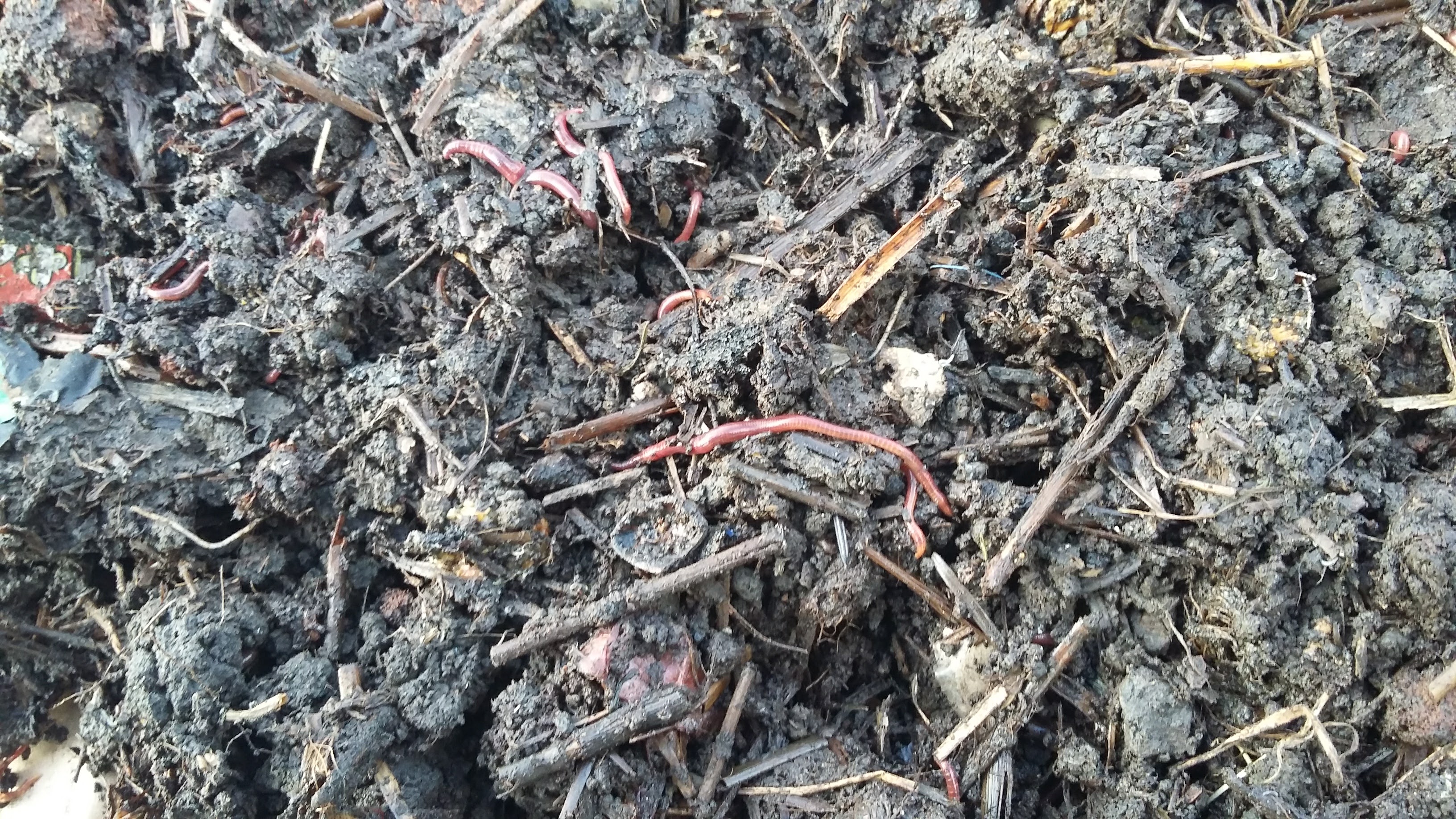 By Ryan Sandford- Blackburn
By Ryan Sandford- Blackburn
I’m a founding member and director of Earthed Up! Edible and useful plants nursery, based in Belper, Derbyshire.
Earthed Up! grow plants and gardens without the use of harmful chemicals. We don’t use peat anywhere. We favour perennials - our range includes fruit, herbs, and perennial vegetables. We run workshops and courses, including on permaculture, forest gardening and edible perennials. We sell quality peat free compost and deliver locally.
We are running a crowdfunder!
At Earthed Up! we believe that healthy soil is key to reducing local flood risk, sequestering carbon, growing nutritious food, and increasing biodiversity. With our changed climate, caring for our soil must become a higher priority to help us adapt locally.
We are curently running a crowdfunding campaign to improve the soil hgealth in our gardens, run a soil health club to empower others to do the same and to share our learnings with others through a webinar aimed to help other community gardens to set up soil health clubs.
Click on this link to find out more:
How it started
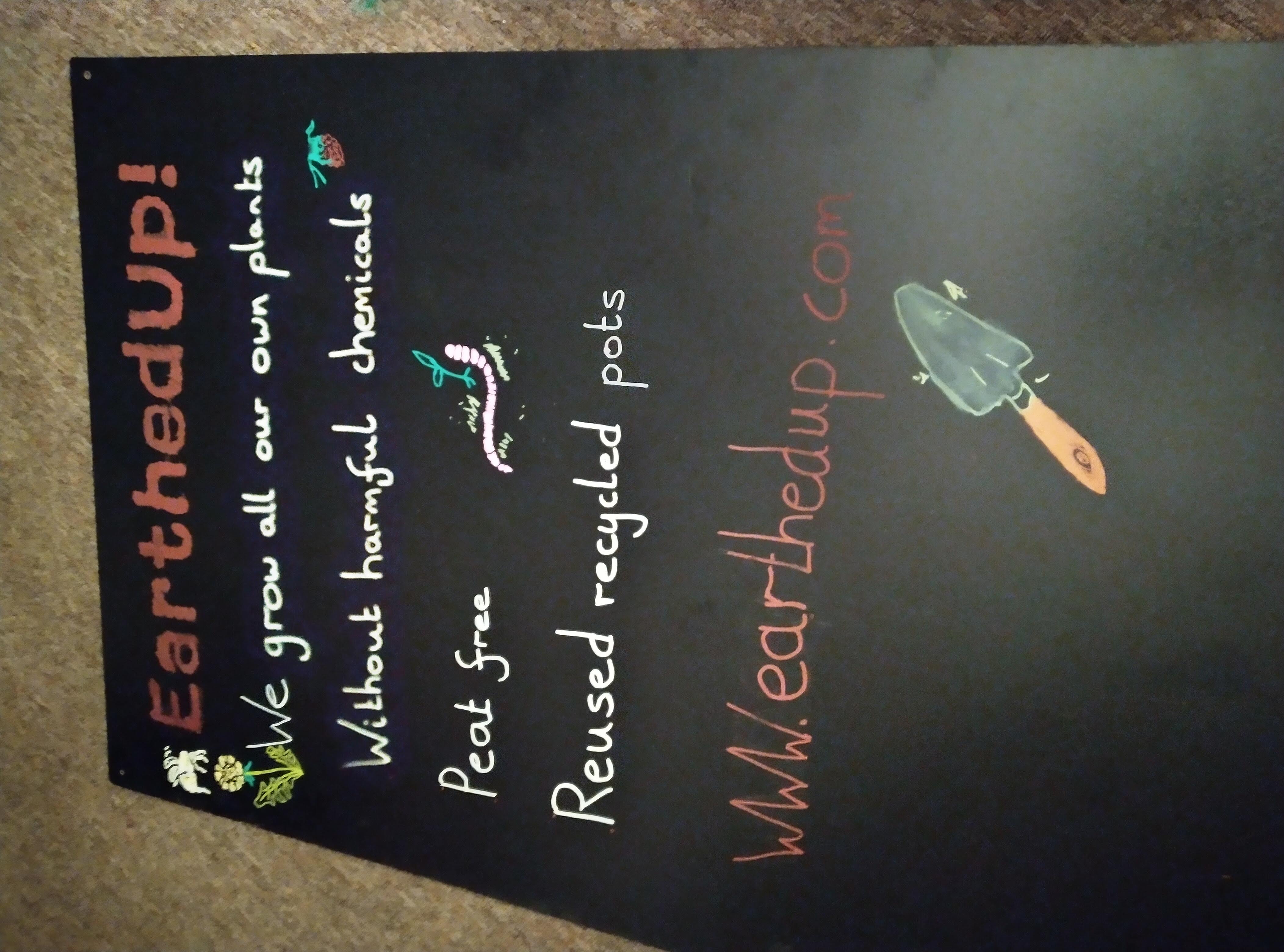
The business formed in 2020, with four people who had become friends through a common love of growing food in a way that respects the environment. Belper permaculture network had brought us together.
The East Midlands needs a source of healthy, edible and useful perennial plants! Inspired by
Cool Temperate Nursery and the decades of work by Phil Corbett, on seeing his steady journey into retirement, we set about adding to the offering.
In the first year, we registered as a co-operative society, operating as a workers co-operative, collectively managed by members. That is to say, if you work for us, you have responsibility for running the business with co-workers. In year 1, we sold around 500 plants and 400 bags of high quality peat-free compost. We attended local markets and events, hosted our own sales, and launched an online shop. We had many, many enthusing conversations with people about plants, gardens and food and medicine.
The end of 2021 saw changes in membership and as we started 2022 we had solid foundations. Through co-operation, we have strength and resilience.
Land work has great value
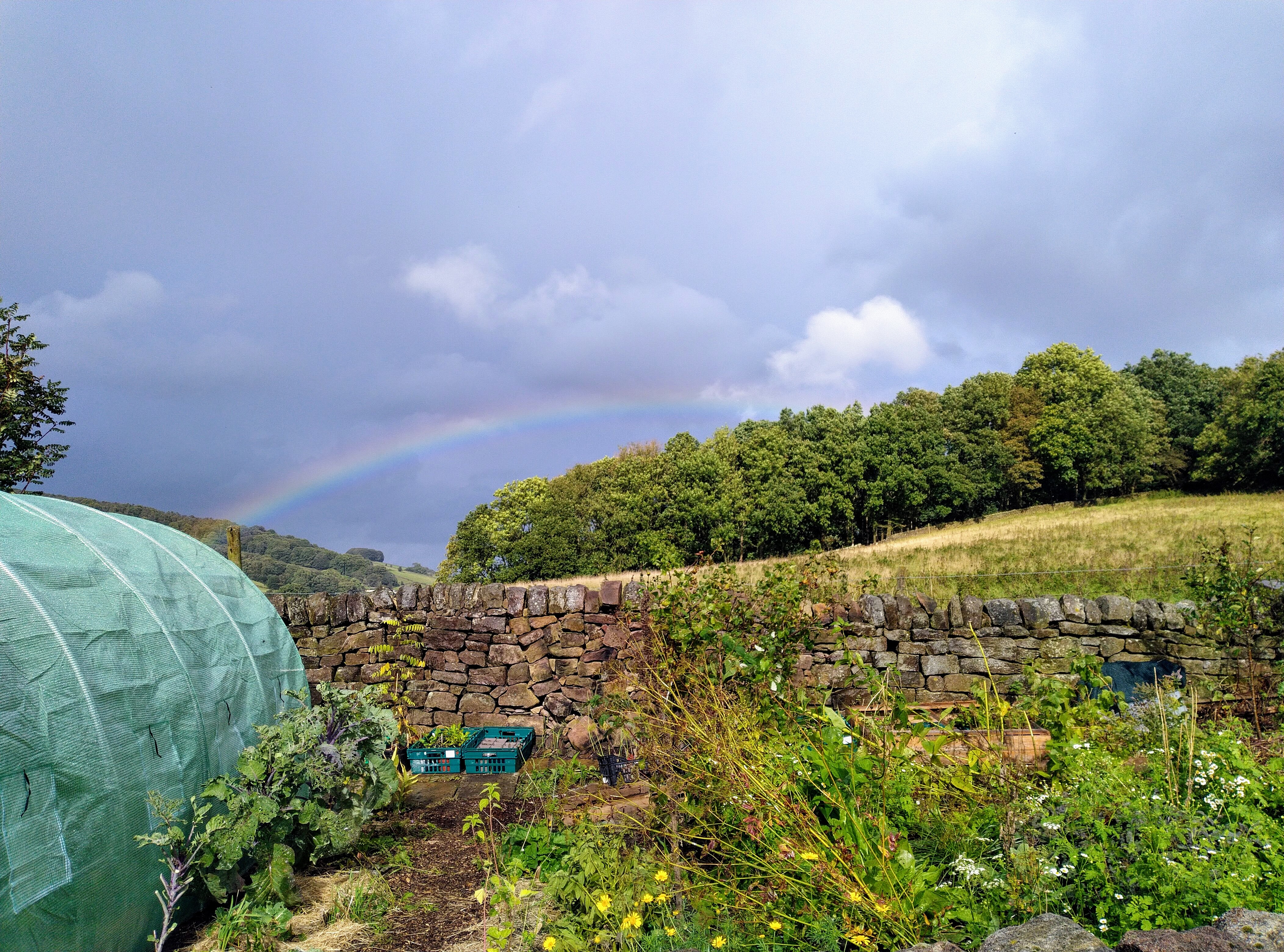
Access to land is a challenge. Access to capital funding is a challenge. Earning money from selling plants is a challenge. Through creativity and a principled approach, we address these challenges to grow a business that provides right livelihoods for 3 part-time workers, while working towards our mission ‘to help people regenerate themselves and the land they have stewardship over’.
We have 3 patches of land that we garden and grow at, all rented from people we know and trust. There is great effort involved in starting a new garden - designing, setting up water, compost, path and growing systems. We know that by putting that effort in, we create a legacy for the garden and the owner, while enriching the space through building soil and increasing diversity. We grow gardens, we propagate and redistribute the surplus - sell plants to grow others’ gardens. Our profits are reinvested to grow gardens and pay workers.
Real networks over prescriptive digital ones
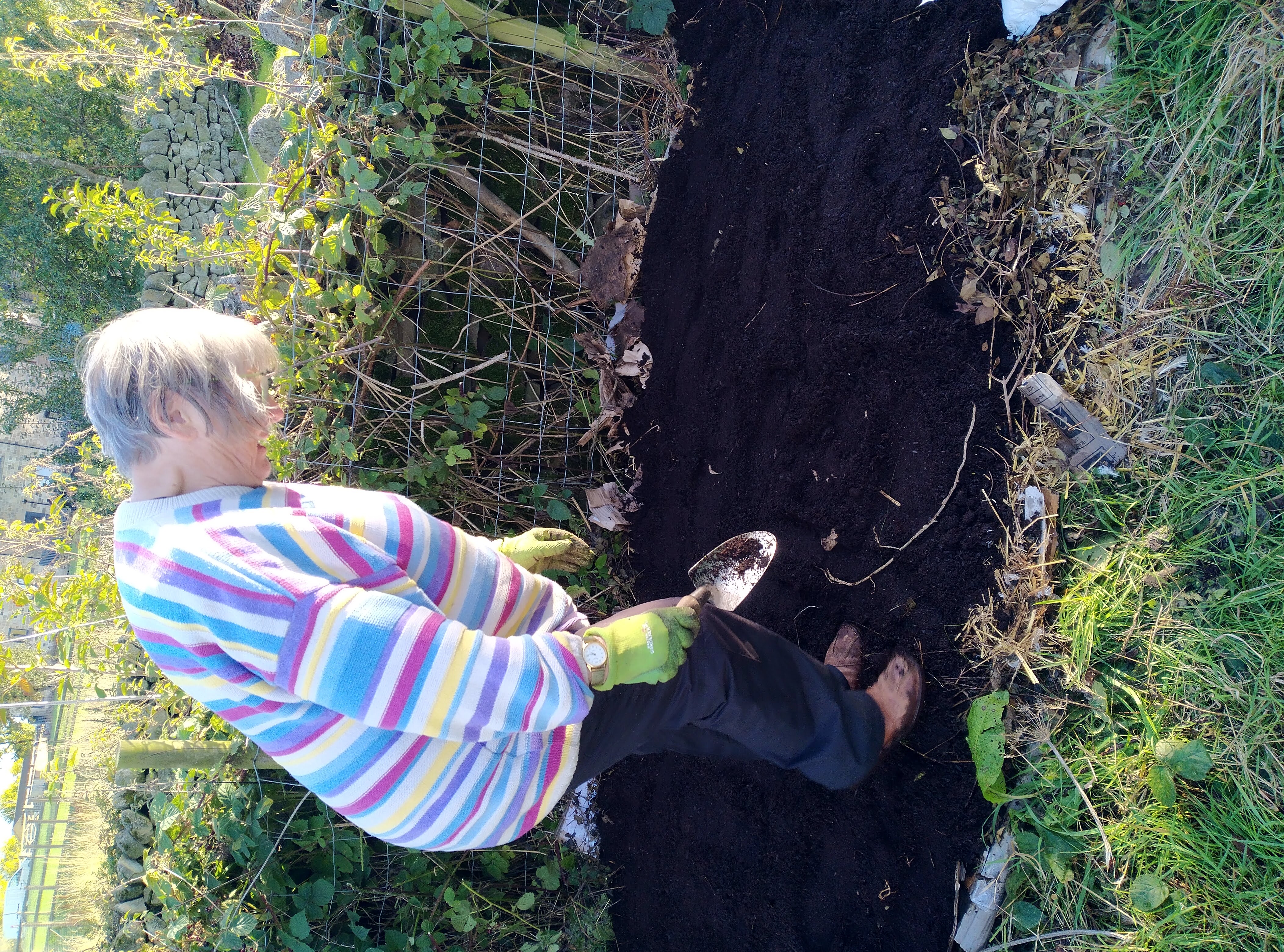
We co-operate with other landworkers, business owners and organisations locally and with other co-operatives wherever we have the opportunity. Through choosing to spend our time networking and connecting with people face to face, we find more nourishing and wholesome relationships form. We have a not inconsiderable list of links of connections on our
Earthed Up! website.
I was positive from the start that we wouldn’t have an official social media presence as Earthed Up! It sucks up time, which we can’t afford - once you’re there, you’re there. Being on social media would keep us from the garden (bookkeeping and statutory admin takes enough time as it is), and it supports corrupt and unhealthy entities - Meta, Musk, and so on.
We see that our customers spread the word there for us anyhow, no input required. Radically, we print flyers! We write for local publications. And we have a mailing list - you can sign up for occasional news and views on our
website homepage. So, perhaps we grow our customer base slower by not popping up in people’s feeds, though it feels alright.
Whatever next?
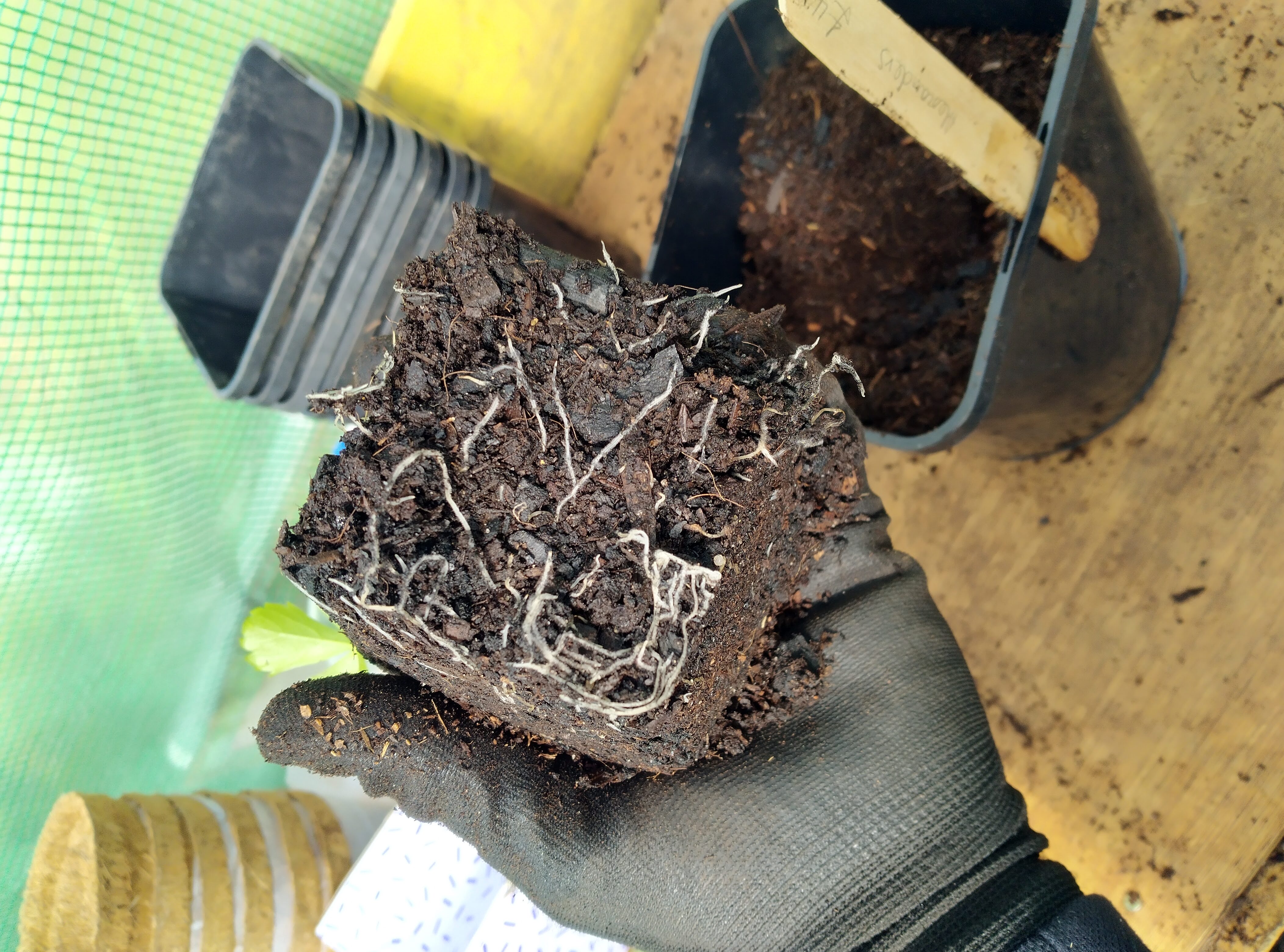
Working with ecological systems, we’re always kept on our toes. By the weather too, of course. We’re applying self-regulation by decreeing ‘Away with pots!’ Almost.
We want to grow a lot less of our stock in plastic pots - it means we have to care for the plants daily. Potted plants need more water, need feeding, and don’t grow as well as plants in the ground. So, we’re going to grow a lot more of our plants in the ground, for longer.
We will dig up plants and offer them bareroot in spring and early winter. And the plants that will go to markets and events, we’ll pot just a few weeks beforehand, long enough for them to establish, not so long that we have to pander them.
Then, there’s evolutions in our compost products and in our education work. They’ve come together to create a synergy.
Soil Health
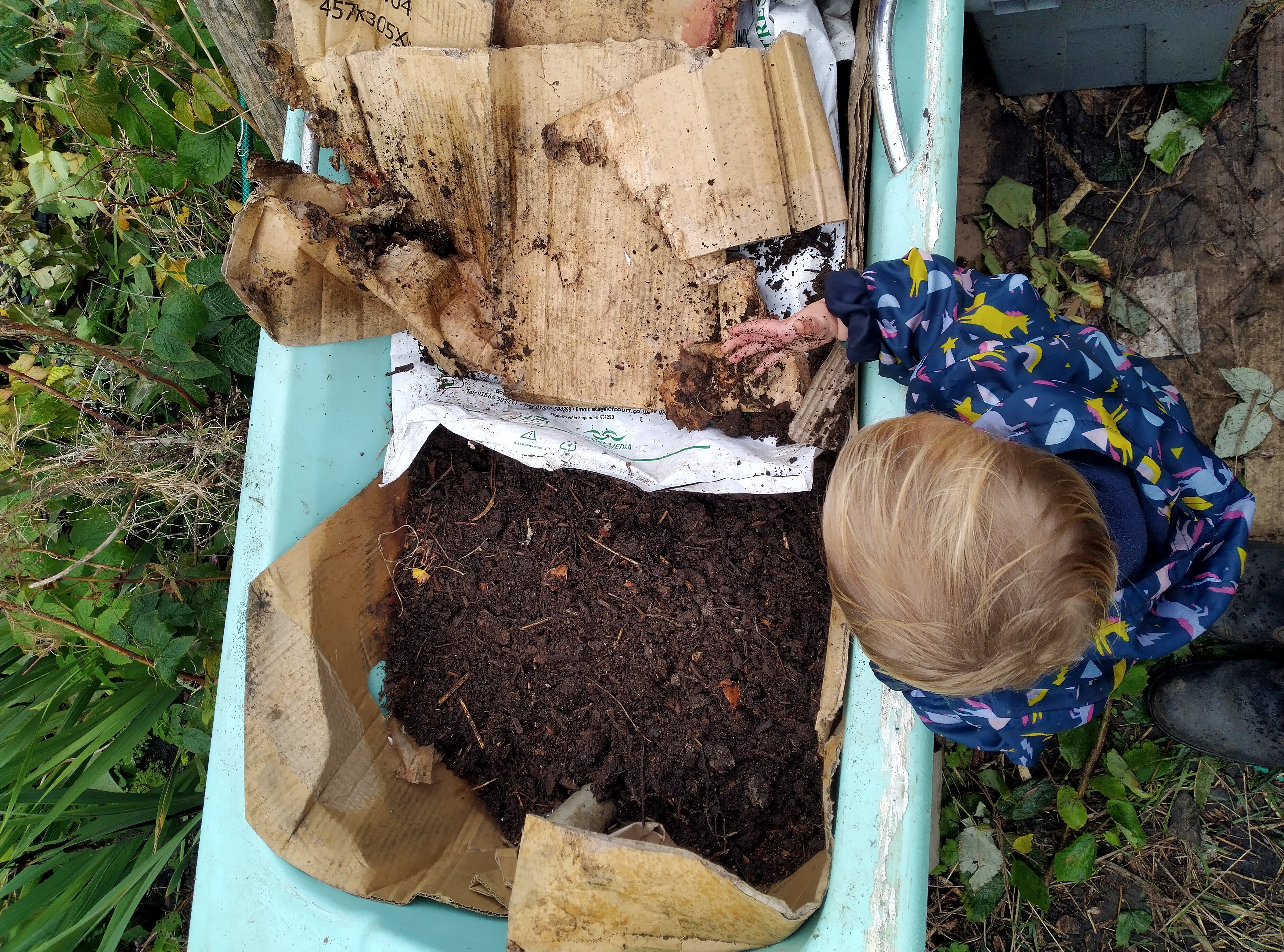
What if people knew how to nourish their soil, utilising local renewable, underutilised resources, to grow edible and useful low-maintenance gardens?
With the help of people supporting our
Soil Health crowdfunder, we will start a new Soil Health hub in our garden, bringing people together to learn deeply and build confidence. We are raising £1440 - enough to get started and start momentum. Once we start, we’ll be on a roll, much like when you get me talking about composting!
At the Soil Health Club sessions people will learn about cold and hot composting, vermicomposting, bokashi, making plant food, biochar and more.
We will run trials and share the learning widely online for other community-minded gardeners to learn from and perhaps mimic. This will benefit our co-operative business, reducing waste, and improving our soil and plant health.
We will have a new range of products as a byproduct too - biochar, plant feed and vermicompost. We have already used all of these in the business with success and personally, for much longer.
At the main garden that we’ve been renting, until now our patch has been half of the full plot - now we are able to rent all of it. Our garden infrastructure needs to be improved to be more accessible, so we can welcome people in.
You can support us by:
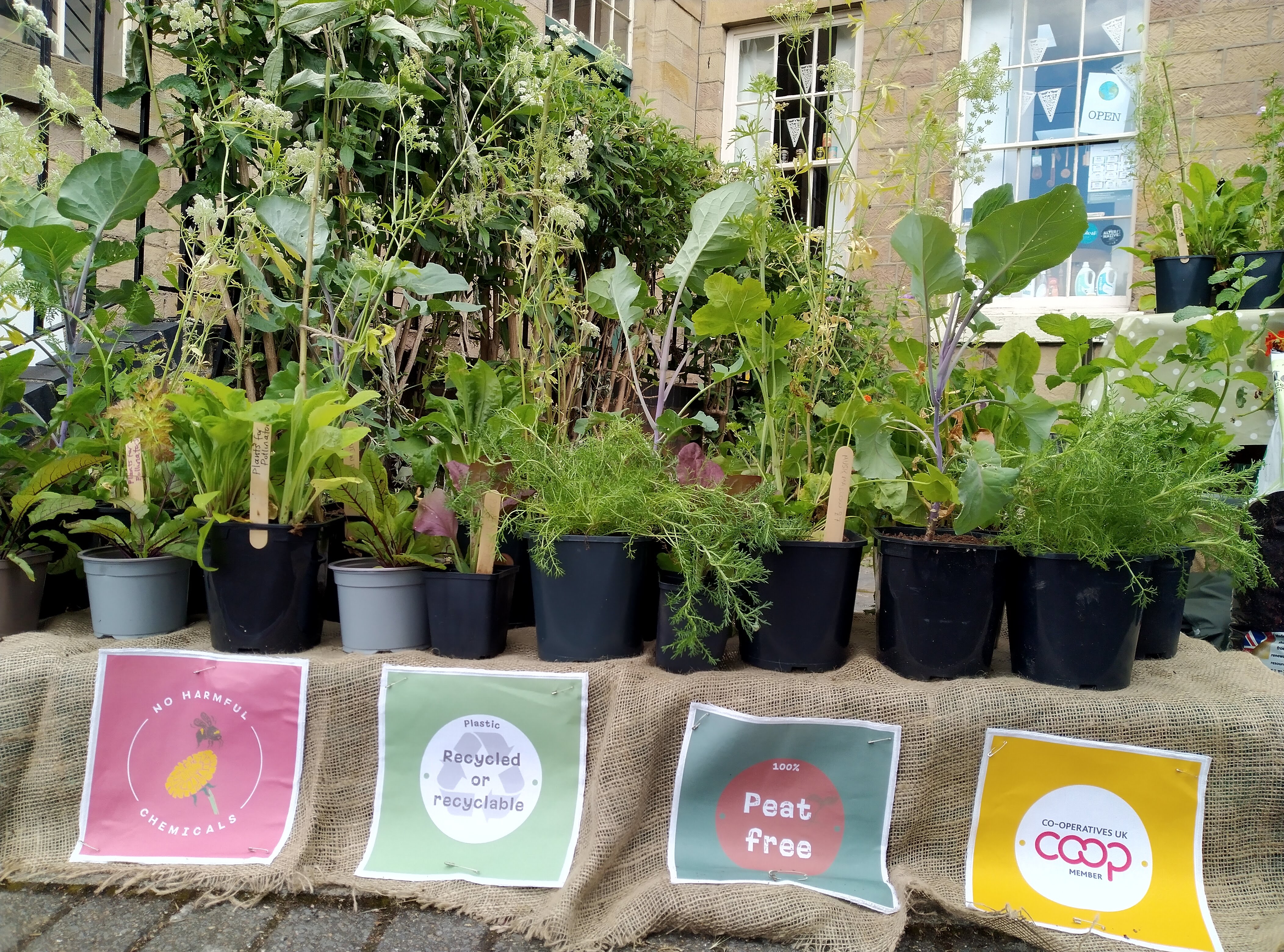 Buying plants. E-mail to arrange a time to visit. Maybe we’ll set up mail order systems in 2023, sign up to our mailing list to hear the news first.
Buying plants. E-mail to arrange a time to visit. Maybe we’ll set up mail order systems in 2023, sign up to our mailing list to hear the news first.- Joining a course - we will run more courses on permaculture, perennial edibles, and soil health. ">If you’re in the Midlands, we could offer an edible and useful plants garden consultation - we ‘teach a person to fish’ by making observations and introducing tools to use. We also introduce plant options that seem would work for the space.
- Sharing this blog post so more people find out about our existence and our work.
- Supporting our Soil Health crowdfunder - by donating, commenting and sharing with your networks.
If you have feedback or questions, please e-mail us
[email protected] or chat with me (Ryan Sandford Blackburn on the Permaculture Community Hub.